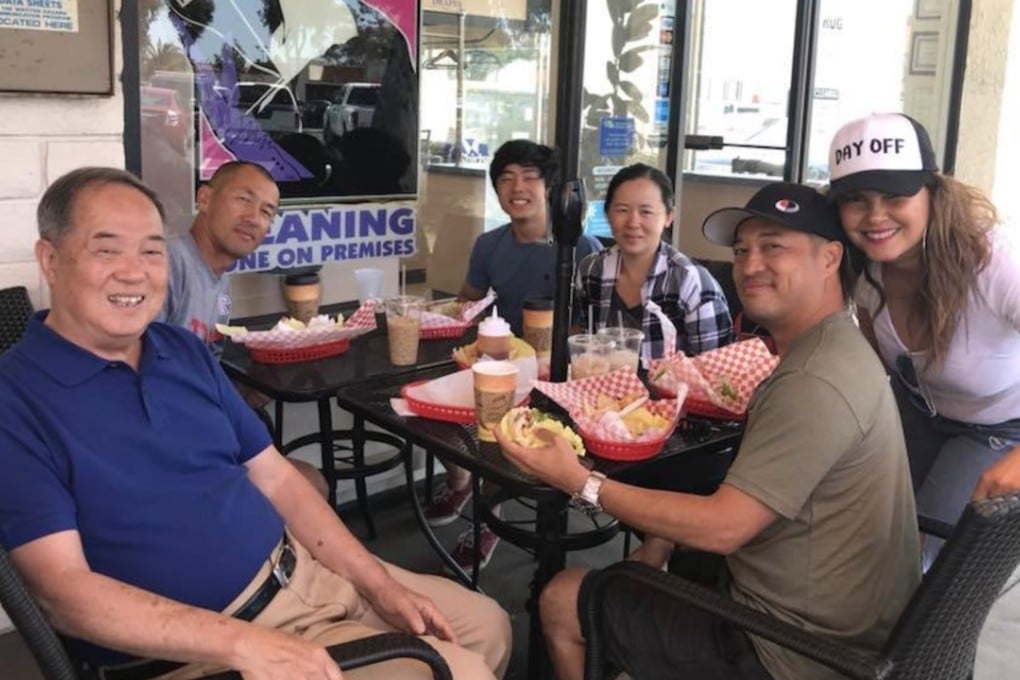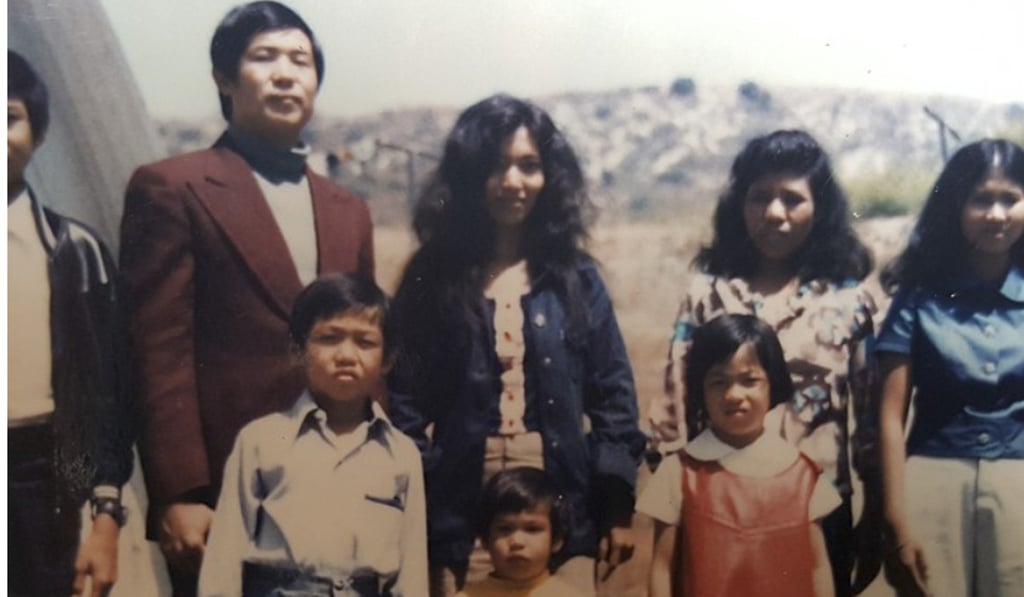Cambodian ‘Donut King’ who came full circle
US immigrant Ted Ngoy built a dynasty of flour and sugar that changed the fate of hundreds of his fellow countrymen seeking a better life. A sudden addiction took it all away, but it left him all the wiser decades later

NOW in his twilight years, Ted Ngoy takes a moment to reflect on his unconventional life. “I think I’ve made a little difference to the world,” he says humbly with a chuckle.
The 77-year-old changed the lives of Cambodian refugees flooding into the United States during the nation’s civil war in the 70s and 80s. He wasn’t handing out money or houses, but did it another way. Making doughnuts.
Ngoy was affectionately known as the ‘Donut King’ in America, starting an empire from scratch, and employing hundreds of his fellow countrymen, who often arrived penniless into strange surroundings. His influence spread, inspiring thousands of Cambodians to open doughnut shops, and cash in on America’s enduring love for the sugary treat.
In the early 2000s, the advent of health-driven diets could have been the kiss of death for the calorie-laden doughnut, but it never lost its appeal, especially in America, where the nation consumes more than US$40 billion worth of deep-fried dough a year.
It’s also becoming a staple in Asia, brought on by Western influences and time-deprived societies seeking fast-food solutions. Asia-Pacific is the world’s fastest-growing region for doughnuts, with over US$6 billion in sales. By 2024, that’s predicted to grow to US$9.5 billion, second only to the US.

Today, the eponymous doughnut brands of Dunkin’ Donuts and Krispy Kreme dominate the global landscape, but barely make a dent in California, where it is estimated that 90 per cent of the 5,000 doughnut stores are Cambodian-owned. Ngoy and his dough-making comrades have kept them at bay for more than four decades.